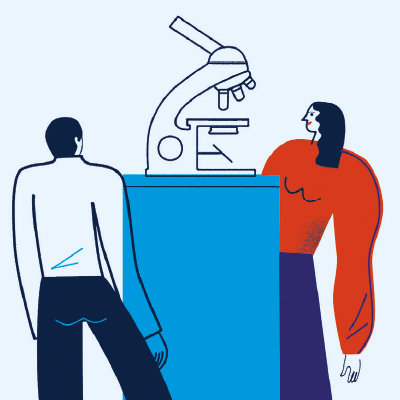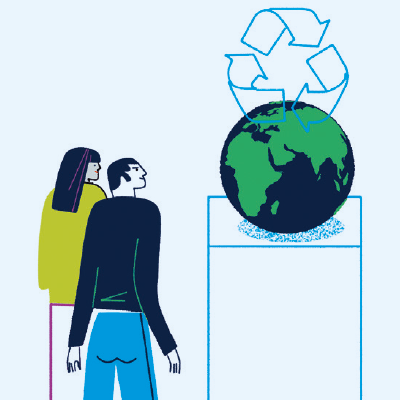
Our Markets
Informa works in over a dozen specialist, international markets.
Our leading brands serve businesses and professionals working in markets and sectors including Pharma and Biotech, Finance, Aviation, Health & Nutrition, Environmental Science, Artificial Intelligence and many more.
Behind each of our brands are expert colleagues, who have an in-depth knowledge of their market and deliver their expertise to customers every day.
Here, three of our colleagues share what’s new and upcoming in some of the markets in which we work.
Remote Control
2020 marked the quickest transformation in working practices in living memory. Almost overnight, millions of office-based employees were forced to work from home, with some not expecting to ever return to the office full time

Eric Krapf
General Manager, Enterprise Connect
Fortunately, modern communications technology, and the efforts of the IT professionals who support it, meant the mass transition to remote working was less arduous for enterprises than it might have been just a few years ago.
The workplace surge
Communication platforms such as Cisco’s WebEx, Microsoft Teams and Slack helped to keep team members in closer touch and fostered collaboration among employees unable to meet in offices.
The technology existed before the pandemic, but its use during 2020 skyrocketed. Time spent in meetings on Cisco’s WebEx platform tripled in the first month of the pandemic, while Microsoft reported that the number of daily active users on its Teams platform increased to 115m in October, up from 44m in March.
Unsurprisingly, with team members geographically dispersed, video became the go-to way to hold meetings. Before the pandemic, just 14% of enterprise employees used video to communicate often or very often, according to Recon Research. That had risen to 57% by the end of June 2020...
Read Remote Control article in full
Fast Pharma
As COVID-19 swept around the world, threatening healthcare systems, locking down swathes of society and sending economies into recession, all eyes were on the pharmaceutical industry to get life back to a kind of normal.

Eleanor Malone
Editor in Chief, Commercial Insights Pharma Intelligence
Companies across the life sciences mobilised. Their task: to develop the diagnostics, therapeutics and vaccines required to tame the disease.
Spirit of collaboration
From a standing start, the clinical pipeline exploded. By late March there were already around 100 different products in nearly 400 clinical trials worldwide and those numbers ballooned to around 675 products and more than 3,500 trials by November.
According to Pharma Intelligence’s TrialTrove, nearly 30% of all trials that were initiated in 2020 were for drugs and vaccines for COVID-19 and its complications.
By mid-November, US pharma giant Pfizer and its German biotech partner BioNTech had announced very strong efficacy results from a late-stage trial of their experimental COVID-19 vaccine using a novel messenger RNA technology not previously used in an approved vaccine...
Read Fast Pharma article in full
Force of Nature
A growing acceptance that climate change is an urgent global issue, with multiple causes and effects, has seen a sharp increase in the demand for high quality research into the environment and sustainability.

Andrew Kelly
Portfolio Manager, Taylor & Francis
Governments across the world continue to make bold commitments about tackling climate change that are increasingly informing national policy decisions. They, along with advisory groups and lobbyists, are increasingly looking to the scientific and research community for the latest thinking in how best to tackle the multi-sector challenges associated with global warming.
From a publishing perspective, to support the policy changes needed to alter humanity’s relationship with the environment for the better, research needs to be widely accessible and discoverable, both within academia and within advisory, policy and non‑governmental communities.
International effort
Demand for research in the fields of the environment and sustainability has seen output increase significantly, with 150,000 articles published in 2019, up 81% from 2015.
Tackling climate change requires a global response, and this is reflected in how international the distribution of researchers in environment and sustainability is, and in the level of collaboration between research groups located in different parts of the world...
Read Force of Nature article in full
